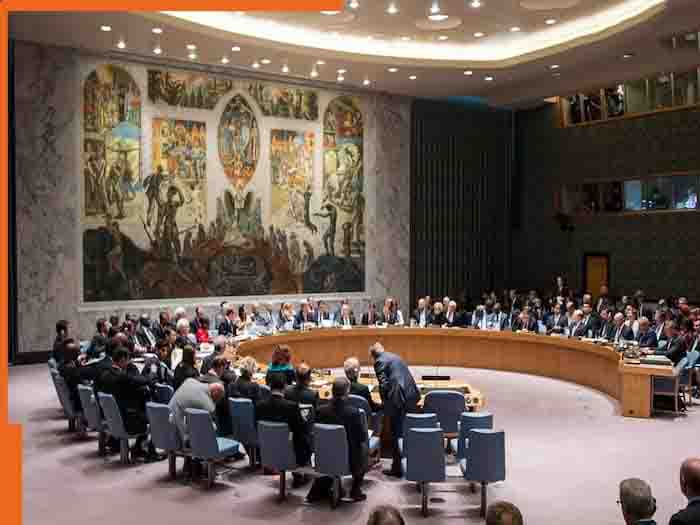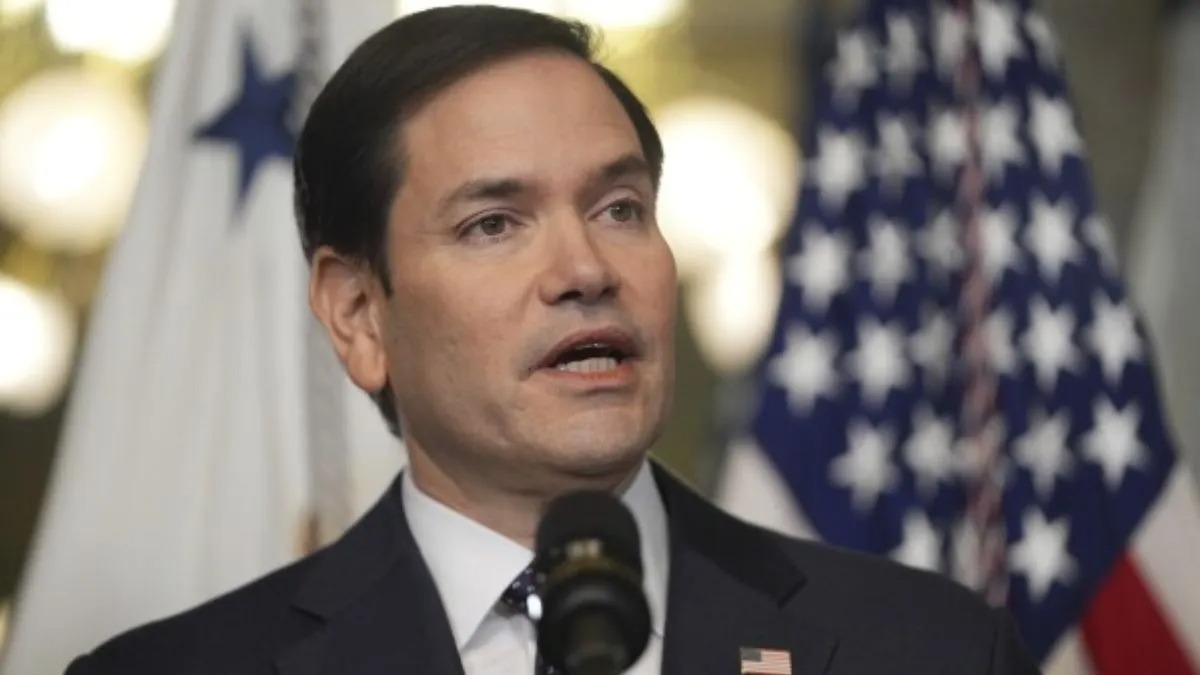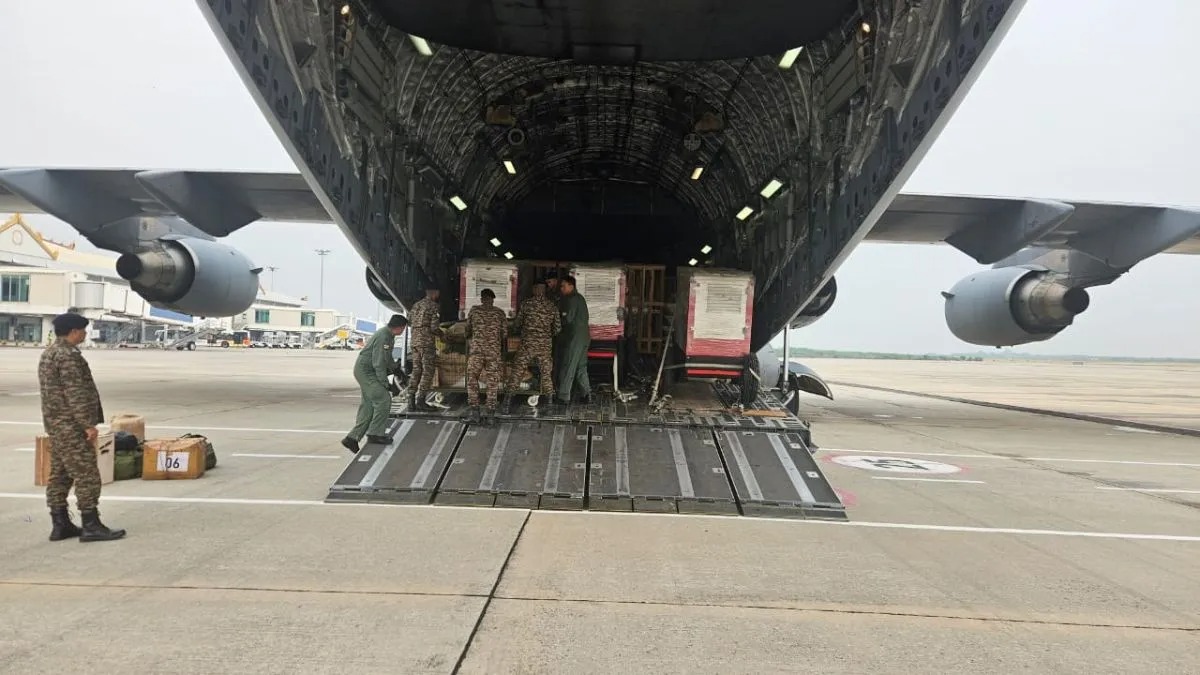
Many members of the United Nations Security Council (UNSC) are going to change from Wednesday (January 1, 2025). Some non-permanent members are entering it, including Pakistan. It will now get a kind of veto power in the matter of banning terrorists whom it has been sheltering. After being elected as a temporary member in June, Pakistan will replace Japan on one of the two seats for Asia-Pacific countries in the Security Council and will hold this seat for two years. Islamabad will no longer have to depend on Beijing for the protection of its terrorists like 26/11 Mumbai attack mastermind Sajid Mir in the Islamic State and Al Qaeda Sanctions Committee, which declares and bans individuals and groups associated with these two organizations.
Only permanent members have the power to veto decisions
In the UN Security Council, only permanent members have the power to veto decisions, but non-permanent members also have a form of veto power in counter-terrorism sanctions committees as they operate by general consensus under accepted norms. The virtual veto granted by the consensus process has been criticized, with the former head of the Islamic State-al-Qaeda sanctions panel from New Zealand calling it the “biggest impediment to the committee’s effectiveness.”
India has described the functioning of sanctions committees as "underground", based on "obscure practices" without a legal basis and has demanded transparency so that the rationale for decisions and how they are taken is clear.
There will be a platform to raise the Kashmir campaign strongly
Pakistan will now have a platform in the Security Council to more forcefully take up its campaign on Kashmir, an issue it regularly raises regardless of the topic of discussion, and launch scathing attacks on India. However, this will remain a constant publicity stunt as Pakistan has been a voice that echoes in the silence. Islamabad has been trying to link Kashmir with the Palestinian issue but has not been able to get any other country on board.
Pakistan will chair the Security Council
When Pakistan presides over the Security Council in July, it may hold at least two 'signature events' on themes of its choice with high-level participation, including both its own and invited members. While it may not directly make it an 'anti-India' show, it may raise a theme that it can use for propaganda on India and Kashmir.
With Japan's withdrawal, there has been a subtle shift in the balance in the polarised Council, where the triangle of China, Russia and Pakistan will emerge on many issues. The other Asian member is South Korea, which like Japan is pro-West. In the General Assembly, Pakistan has closely watched China's voting on many issues, especially on Ukraine, when it joined Beijing in voting on a resolution designating Russia as an aggressor state, while generally abstaining.
ays supported Palestine openly and is expected to raise the issue at the UN Security Council, where it may come face to face with the US. Islamabad adopts a contradictory approach to terrorism. Despite supporting or deploying terrorists against India, it condemns terror attacks against itself by the Tehrik-e-Taliban Pakistan (TTP), which it says are based in Afghanistan. It can be expected to condemn Afghanistan's role in terrorism and seek sanctions against groups it believes target it.
Individuals elected to the Pacific Group Council by unanimous consent
The Asia Pacific Group rotates its nominees to the Council, who are selected by consensus. The group's 53 members stretch from tiny Nauru in the east to Cyprus at the tip of Europe in the west. After a massive effort, Islamabad received the support of nearly 20 countries, including China, Saudi Arabia, Iran, Malaysia, the United Arab Emirates, Lebanon and Singapore, and the group endorsed it in 2023. Pakistan received 182 votes in the 193-member General Assembly for its eighth term on the Council.

 Share
Share






